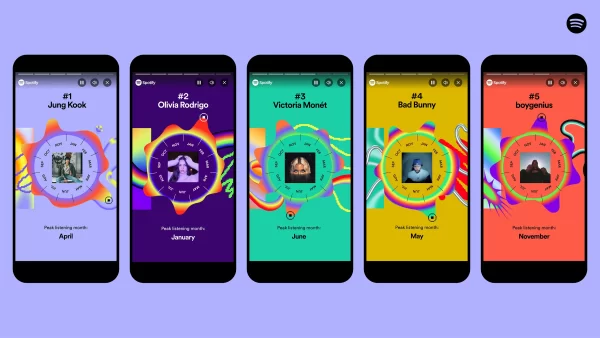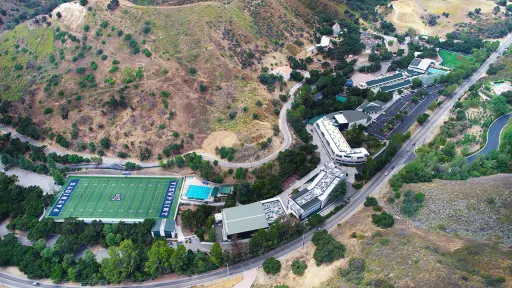Americans speculate Chinese government is interfering with TikTok
November 4, 2019
If you know me, you know that Chinese language plays a big role in my life. I take Chinese at Viewpoint, plan to continue to learn the language in college, and am fascinated by China’s culture. Recently, though, I have also spend a lot of time on an addictive app called TikTok, watching short videos produced by people all around the world. So, when I learned that the Chinese government may be playing a role in what is being published on TikTok, I was both shocked and intrigued to do more research.
According to CNN, a similar app called Musical.ly was bought by the company Beijing ByteDance. ByteDance then decided to merge Musical.ly with their other app TikTok to create the new version of TikTok, which has grown immensely in the last few months.
As the emerging US-China war for technological dominance continues, the U.S. government has begun investigating Beijing ByteDance. Specifically, the Committee on Foreign Investment has reason to believe that TikTok is sending personal data back to China. Additionally, the government believes that China may be censoring certain political content from reaching American screens or shifting the content towards that of support for the Chinese government and its policies.
The New York Times interviewed an employee of ByteDance. He is quoted saying TikTok is not sending any user data to China and adds that “TikTok has no higher priority than earning the trust of regulators and users in the U.S.”
Speculation continued to grow as there were very few TikToks documenting the recent Hong Kong protests. A ByteDance spokesman ensured reporters that “we do not remove videos based on the presence of a Hong Kong protest content,” although Americans continue to be weary.
A moderator who used to work for TikTok reports being told to censor what may be thought of as racy videos from entering the popular “For You” page. While he remembers this type of censorship, he does not recall ever being asked to delete content that might not be in support with Chinese policies.
Both sides of the political spectrum agree that TikTok’s possible storage of user data is troublesome. Republican Senator Marcio Rubio and Democratic Senate minority leader Chuck Schumer both are concerned about China’s possible interference with TikTok.
Amidst all of this concern, there is still no overlap between China’s interference with TikTok found in Douglas Brush’s analysis. His two month long analysis of TikTok’s computer code revealed no possible way TikTok could send information to China during that period of time.
ByteDance is trying to move forward from these scandals. They have joined the trade association Net Choice, are working with the law firm K&L gates on moderation policies, and have joined a nonprofit that promotes online safety for children.
In the coming months, the U.S. will continue to see if China is influencing TikTok’s network and gathering user data. As the technological Cold War between the US and China continues to grow, ByteDance’s possible interference may become even more of a hot topic issue.









